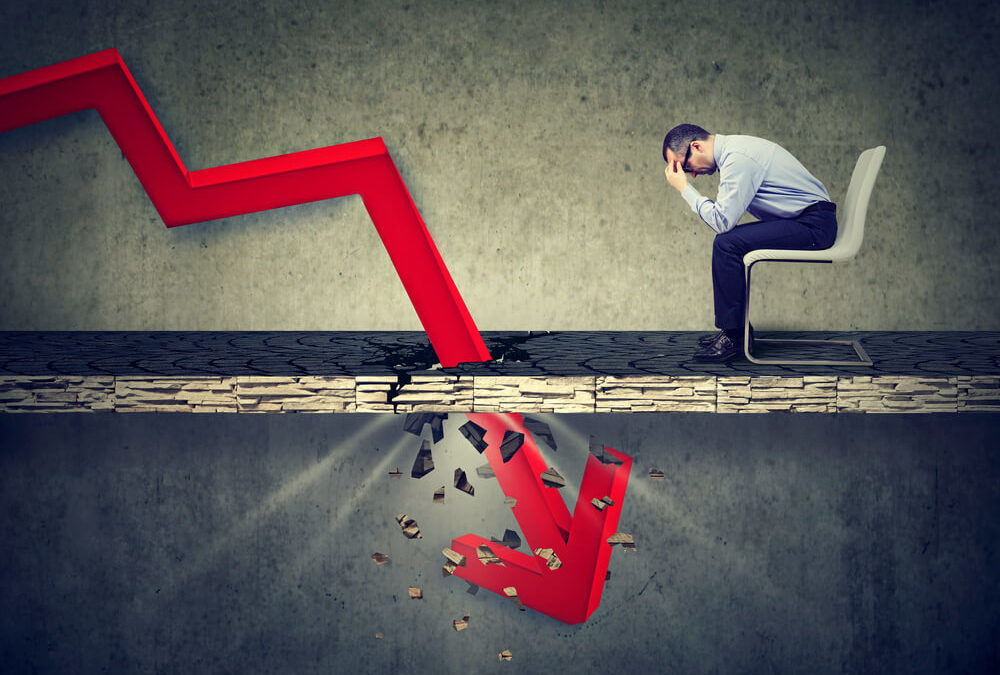A Nomura analyst is predicting a “Lehman-like” stock sell-off in the next few days that will be worse than the bloodbath that sent markets crashing in December 2018.
Masanari Takada, a macro and quant strategist at Nomura, called for the plunge earlier this month, according to CNBC, and he’s sticking to his guns as market sentiment is intent on staying pessimistic. Takada believes the sell-off could happen at some point this week.
“The U.S. stock market especially is facing its greatest test of the year thus far,” Takada said in a note to clients on Monday. He points to low market sentiment causing “panic-selling by fundamentals-oriented investors and systematic selling by trend-following technical investors along the way,” he said.
Takada’s opinion is based on macro and quantitative data from hedge funds and other entities, but it is the most pessimistic on Wall Street, according to CNBC. Takada did predict the massive upswing in Wall Street’s “fear gauge,” the Cboe Volatility Index (VIX), that happened at the beginning of August after China let its currency fall to the politically-sensitive level of 7-to-$1.
Labor Day could lead to greater swings in the market, too, as shares trade at lower volumes toward the end of August, exaggerating moves up or down.
But what does Takada see that would lead to a catastrophic situation like 2008, which saw the Dow tank more than 33%, and Lehman go bye-bye? Takada sees an “uncanny resemblance” between market performance of the last two weeks and what happened in 2008. Here is a further breakdown of his analysis, per CNBC:
‘Uncanny resemblance’
Technical investors including Commodity Trading Advisors are already trimming their long positions “at an accelerating pace,” which could exacerbate selling going forward, Takada said. CTAs are trend-following quants that trade futures contracts and commodity options.
“The correlation between sentiment then and now remains quite high,” Takata said. “Even the passing risk-on phase after the initial shock of the yield curve inversion … and the risk-off mood that struck on 23 August neatly track the pattern recorded in 2008.”
“If this uncanny resemblance between the two patterns continues to hold, sentiment could soon fall to a level not seen since December 2018,” he added.
The Dow Jones Industrial Average suffered its worst day of the year Aug. 14 when the yield on the benchmark 10-year Treasury note broke below the 2-year rate, an odd bond market phenomenon that historically has preceded recessions. The curve has since repeatedly inverted as the longer-term yields continued to fall on trade war fears.
Stocks also took a big hit on Friday after China struck back by slapping retaliatory tariffs on U.S. goods. August has been a volatile month for stocks with the S&P 500 losing 3.5% so far.



